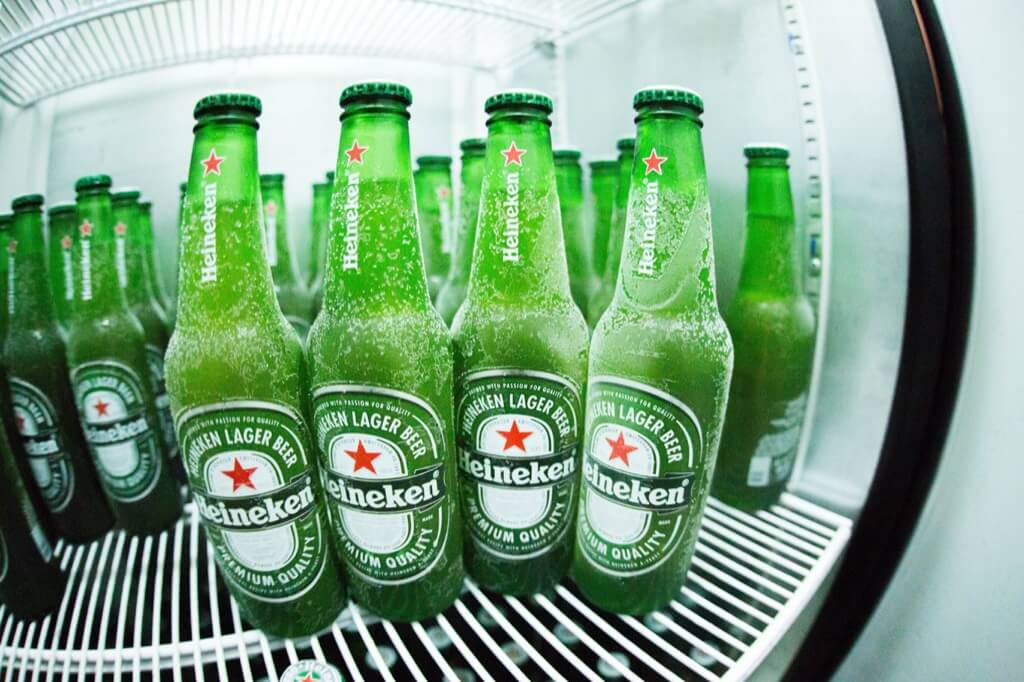Amid the tranquil ambiance of Saratoga Springs in 1853, the birthplace of the renowned potato chip was shrouded in legend. Situated by the picturesque Saratoga Lake, Cary Moon’s Lake House welcomed tourists and affluent patrons. Among the talented culinary minds in the kitchen was the skilled George Crum, a man of Native American and African-American heritage, whose culinary expertise would soon make history.
Separating Fact from Fiction
A fascinating tale surrounds the creation of the first potato chip, an anecdote often debated among historical circles. While some credit a disgruntled customer for sparking the culinary invention, others claim that Cornelius Vanderbilt, the famed magnate, played a pivotal role. In the late 1970s, the Snack Food Association popularized the notion that Crum’s retaliation against Vanderbilt’s culinary critique led to the invention. However, Saratoga Springs historian Violet Dunn cast doubts on this claim, emphasizing the lack of documented evidence to support it.
Unveiling the True Culinary Prodigy
Despite various assertions, Crum’s relationship with the creation of the potato chip remains ambiguous. While several historical accounts suggest his involvement, concrete evidence remains elusive. One intriguing narrative involves Crum’s sister-in-law, Aunt Kate Weeks, whose inadvertent culinary experiment is credited with the accidental development of the iconic potato chip. However, this claim, much like others, is shrouded in uncertainty and subject to speculation.
European Influence and the Rise of the French Fry
While Saratoga Springs basked in the potato chip’s glory, Europe boasted a rich history with the fried potato, tracing back to the 18th century. Antoine-Augustine Parmentier, the French army medical physician, spearheaded the potato’s popularity in France, challenging prevalent misconceptions and paving the way for the beloved French fry. Whether the French or Belgians can claim the true origins of this culinary delight remains a subject of ongoing debate among culinary enthusiasts.
Unraveling the Story of Nachos
Meanwhile, on the Mexican-American border, the irresistible creation of nachos captivated taste buds. The journey of nachos began with the ingenious Ignacio Anaya Sr., whose Tex-Mex culinary prowess birthed the beloved appetizer. Surrounded by the essence of Piedras Negras, Mexico, Ignacio Anaya’s humble culinary innovation would soon capture the hearts and palates of food enthusiasts worldwide.
The Remarkable Path of Doritos
From the innovative minds of Fritos’ former marketing vice president, Archibald Clark West, emerged the flavorful Doritos, inspired by the bustling energy of Disneyland and the Tex-Mex spirit. A fascinating twist of fate led to the creation of the iconic saddle-shaped Pringles, offering a unique snacking experience that continues to enthrall consumers globally.
From Black Flecks to Green Potato Chips
The origin of black specks in tortilla chips, as well as the occasionally green potato chips, presents an intriguing exploration of natural occurrences in food. With a keen understanding of these phenomena, one can appreciate the intricate interplay between nature and culinary craftsmanship, adding a dash of mystery to the culinary experience.
The Cultural Impact of Snack Globalization
Globalization has significantly influenced the spread of culinary traditions and snacks worldwide. With the increasing accessibility and exchange of diverse cultural cuisines, the question arises as to how globalization has impacted the preservation or alteration of traditional snack recipes and their cultural significance.
The Evolution of Snack Marketing Strategies
In the competitive landscape of the snack industry, the evolution of marketing strategies has played a crucial role in shaping consumer preferences and driving sales. Debates surrounding the ethical implications of aggressive marketing to children and the impact of digital advertising on snack consumption patterns have become focal points of discussion in recent years.
The Intersection of Health Trends and Snack Innovation
In an era of heightened health awareness, the debate over the intersection of health trends and snack innovation has gained prominence. Discussions often revolve around the potential health benefits or drawbacks of incorporating healthier ingredients into popular snacks and the impact of consumer demand for nutritious alternatives on the snack industry’s product development strategies.
Sustainability in Snack Packaging
As environmental concerns continue to drive conversations globally, the discourse on sustainable snack packaging has garnered attention. The debate over the use of eco-friendly materials, the feasibility of reducing single-use plastics in snack packaging, and the challenges faced by the snack industry in adopting sustainable packaging practices remain significant areas of contention.
The Role of Snack Culture in Promoting Culinary Tourism
The cultural significance of snacks and their role in promoting culinary tourism has sparked discussions on how local snack traditions contribute to the tourism industry. The debate often delves into the preservation of authentic snack recipes in the face of commercialization, as well as the balance between promoting traditional culinary heritage and adapting snacks to suit the preferences of international tourists.




